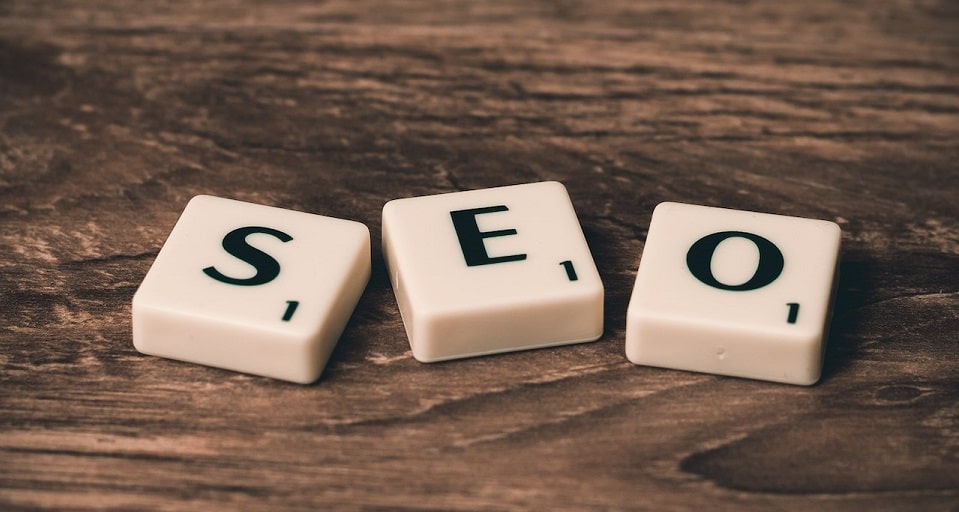Maximizing SEO Potential with On-page Optimization Techniques
Are you struggling to get your website to rank higher in search engine results? On-page optimization is an essential part of SEO that can help improve the visibility of your website in search results. But what exactly is on-page optimization and how can you use it to maximize your SEO potential?
On-page optimization refers to the process of optimizing the individual pages of your website to improve their visibility and ranking in the search results. By focusing on on-page optimization, you can improve your website’s search engine rankings and drive more qualified traffic to your site. In this blog post, we’ll cover the role of on-page optimization in SEO and how you can optimize your website’s on-page elements to improve your search engine rankings:
Use relevant and targeted keywords
One of the most important factors in on-page optimization is the use of relevant and targeted keywords. By including these keywords in the page titles, headings, and throughout the body of the page, you can signal to search engines what the page is about and improve its visibility in the search results. It’s important to use a variety of keywords, including long-tail keywords, and to use them naturally within the content, rather than stuffing them in unnaturally.
Title tags and meta descriptions
Title tags and meta descriptions are HTML tags that provide a summary of a webpage’s content. They are displayed in search engine results pages (SERPs) and give search engines information about the topic of the page. Title tags should be unique and accurately describe the content of the page, and should be no longer than 60 characters. Meta descriptions should also be unique, provide a brief summary of the content, and should be no longer than 160 characters.
Use header tags to break up the content
Header tags, such as H1, H2, and H3, are used to break up the content and make it easier for users to scan and read. They also help to signal to search engines the hierarchy and importance of the different sections of the page. By using header tags appropriately, you can improve the readability of your website’s content and improve your search engine rankings.
Content quality
High-quality, unique content that is relevant to the topic of the page is important for both users and search engines. Search engines value high-quality content and will rank it higher in search results. In addition, a website with high-quality content will have higher bounce rate and time on site, which is considered as a ranking factor.
Page speed
Page speed is an important ranking factor for search engines, as it affects the user experience. Search engines want to deliver the best experience for the users, slow-loading pages can result in high bounce rates and low time on site. Therefore, it is important to optimize images, reduce code bloat and use a content delivery network (CDN) to improve page load times.
URL structure
Search engines use URLs to understand the structure and hierarchy of a website, so it’s important to make sure URLs are clean, concise, and meaningful. URLs that are easy to read and understand make it easier for search engines to crawl your site and understand its content. URLs that are too long or complex can be difficult for search engines to understand, so it’s important to keep them short and simple.
Alt tags for images
Alt tags provide a description of an image for search engines and users with visual impairments, helping to make the content more accessible. Alt tags should be brief, accurate, and describe the image as accurately as possible.
Internal linking
Internal links can help search engines understand the structure and hierarchy of a website, and also help users navigate the site more easily. By linking related content together, you help search engines to understand the relationships between the content on your website. Also, internal links can be used to guide users through your site, making it easier for them to find what they’re looking for.
Social Media Sharing
Social media sharing and engagement can be an important factor in on-page optimization. Search engines consider the popularity of a website based on the number of shares and backlinks on social media platforms.
Responsive design
A website that is optimized for mobile devices can be favored by the search engines, as mobile optimization is considered an important factor in the ranking algorithm. Responsive design adjusts the layout of a website based on the screen size of the device being used, making it easy to navigate and read on any device.
On-page optimization is an essential part of SEO that can help improve the visibility of your website in search results. From using title tags and meta descriptions to creating high-quality, unique content, there are many different techniques and factors to consider when optimizing your website for search engines. By taking the time to understand and implement these techniques, you can maximize the SEO potential of your website and drive more traffic to your site.
If you’re having trouble getting your website to rank higher in search engine results, or if you’re not sure where to start with on-page optimization, feel free to reach out to us. We are happy to help you improve your website’s SEO and increase your online visibility. Our team of experts can help you identify any issues with your website and provide solutions to improve your on-page optimization, so don’t hesitate to get in touch if you have any questions or need assistance.





